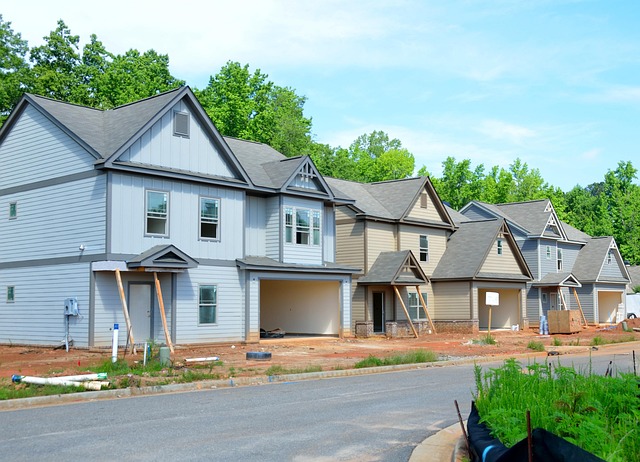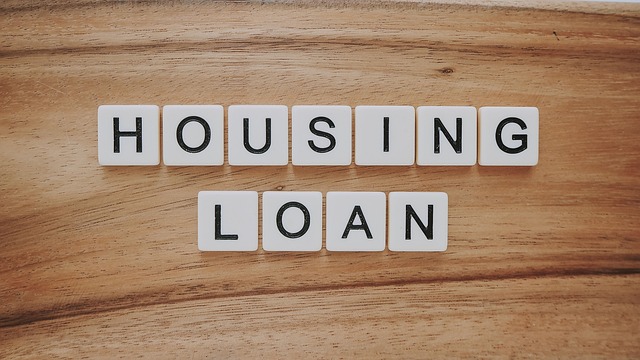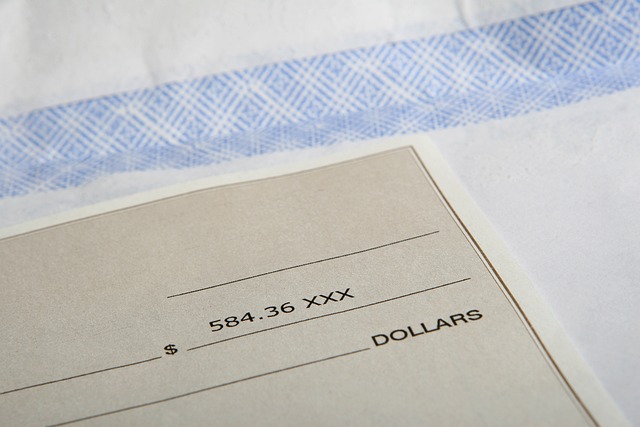Real estate closing costs are diverse expenses associated with property transactions, varying by location, type, and complexity. These include application fees, appraisals, inspections, legal services, and more, involving multiple parties. Understanding these costs is crucial for buyers and sellers to make informed decisions, negotiate better terms, and maximize savings in the real estate market. Strategies to minimize closing costs include comparing mortgage rates, negotiating with agents or sellers, increasing down payments, and reviewing all closing documents.
In the dynamic world of real estate, understanding closing costs is key to maximizing savings. Closing costs, a critical component often overlooked, can significantly impact your overall financial burden. This article delves into the intricacies of these costs, exploring how they affect your savings and offering practical strategies to minimize them. Whether you’re a seasoned investor or a first-time buyer, mastering closing costs is a game-changer in navigating the real estate market.
Understanding Closing Costs in Real Estate

In real estate, closing costs refer to a variety of fees and expenses that are involved in purchasing or selling a property. These costs can vary significantly depending on factors such as the location, property type, and the complexity of the transaction. Understanding closing costs is crucial for buyers and sellers alike, as it plays a significant role in determining their overall savings.
When you buy or sell a home, various parties are involved, each charging their own fees. These include real estate agents, lawyers or attorneys, title companies, lenders, and government agencies. Each of these entities contributes to the closing costs, which can encompass everything from application fees, appraisal fees, inspection costs, to legal expenses. Knowing what these costs comprise allows buyers and sellers to make informed decisions, negotiate better terms, and ultimately maximize their savings in the real estate market.
How Closing Costs Impact Your Savings

Closing costs, though often overlooked, significantly influence your overall savings in real estate transactions. These fees, which can include various expenses like appraisal, inspection, and legal fees, are typically paid at the conclusion of a property purchase or sale. While they’re not directly related to the price of the home itself, their impact on your finances shouldn’t be underestimated.
When you factor in closing costs, it becomes clearer why careful planning is crucial. These costs can vary widely depending on the property’s value, location, and other factors. In some cases, they might represent a substantial portion of your initial investment. Understanding how these expenses work and budgeting accordingly can help ensure that your dream home remains within your financial reach, maximizing your savings in the long run.
Strategies to Minimize Closing Costs for Maximum Savings

When purchasing or selling real estate, closing costs can significantly impact your overall savings. Here are some effective strategies to minimize these expenses and maximize your financial gains. One key approach is to shop around for a mortgage lender; comparing rates and fees from multiple sources can save you thousands over the life of your loan. Additionally, negotiating with the seller or buyer agent might yield concessions on closing costs, such as paying for an appraisal or title search.
Another clever tactic is to increase your down payment if possible. Higher down payments often result in lower financing charges and reduce the need for expensive private mortgage insurance (PMI). Furthermore, staying organized and informed about local regulations can help avoid unexpected fees. Reviewing all closing documents thoroughly and understanding what each charge entails is crucial. Proactive communication with your real estate agent or lawyer can also ensure you’re not paying unnecessary costs.






